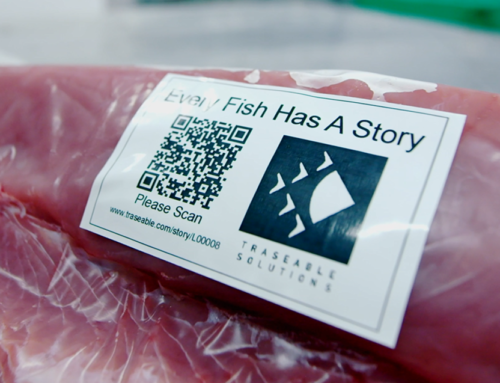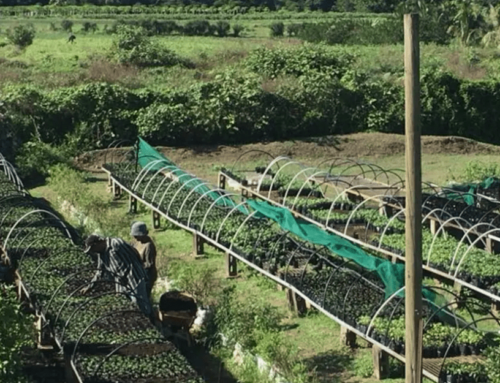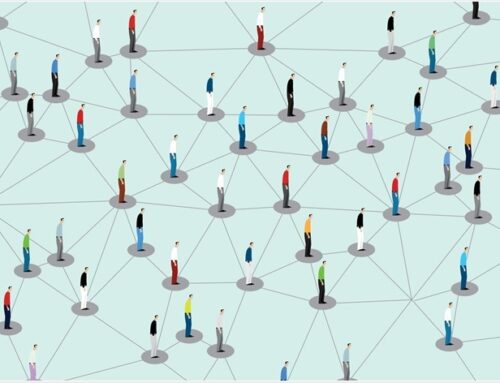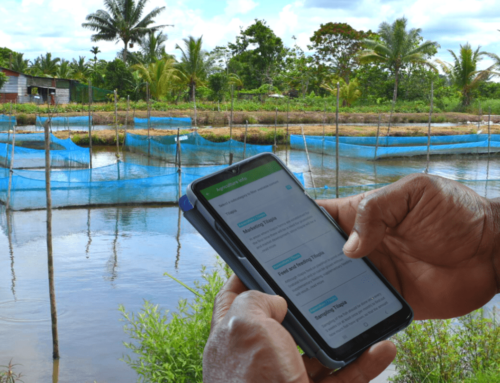What is the Blue Economy?
According to the World Bank, Blue Economy is the sustainable use of ocean resources for economic growth, improved livelihoods and jobs, and ocean ecosystem health. For a more bare-bones definition, the Blue Economy or Blue Growth as it is also known, can be thought of as any economic activity in the maritime sector.
This encompasses many activities such as renewable energy, waste management, mineral resources, biotechnology, fisheries, maritime transport, tourism, and even climate change. Collectively the activities within the Blue Economy represent roughly 5.4 million jobs and generates goods and services valued at almost USD620 billion.
Needless to say, the Blue Economy is a considerable force and with the rapid pace of scientific, technological, and engineering advances societies are better able to utilize all that the oceans have to offer.
How does traceability fit into it?
Where transactions occur there is the potential for disruption – malicious or otherwise. Unfortunately, these disruptions erode trust between producers, retailers, consumers, and particularly the regulatory bodies.
Traceability systems allow us to better keep track of the what, where, when, and how regarding the products and services, we have become accustomed to. This system becomes even more effective (trustworthy) when it is transparent.
Blockchain technology shows a lot of promise when it comes to improving transparency, and its decentralized nature allows for high levels of trust and efficiency. The kind of trust and efficiency that has organisations like the United Nations Framework Convention on Climate Change (UNFCC) looking into it for carbon asset transactions, clean energy trading, and improving climate financing.
Here at TraSeable Solutions our primary concern is fisheries.
Fisheries are the economic and cultural backbone for many Pacific Island countries. Illegal, Unreported, and Unregulated (IUU) fishing undermines the systems put in place to manage fisheries and contributes to unsustainable and unsafe practices. As more export markets demand non-IUU fish it is essential to prove traceability or risk losing market access.
Consumers paying a premium for a product for reasons of quality and sustainability need to be assured they are getting what they paid for. Producers and processors that go the extra mile to provide such a product need to be assured that they are not getting cheated by sub-par products under a guise – undermining their extra effort. Finally, regulatory bodies need to verify that the information they receive is factual.
For the Blue Economy to work for the benefit of everyone a system of assurance is required. Transparent traceability is at the core of such an assurance system.
We here at TraSeable Solutions aren’t the first to realise this; last year at the UN Ocean Conference industry, government, and civil society came together and announced the Tuna 2020 Traceability Declaration. In a nutshell the Tuna 2020 Traceability Declaration aims to stop illegal tuna from coming to market [through the use of a robust traceability system] working towards Sustainable Development Goal (SDG) 14 through the actions of the Tuna 2020 Commitments.
As the year goes on we look forward to working with various stakeholders in the industry and beyond to realize the full potential of a sustainable blue economy.
[Featured image credit: WWF]






Leave A Comment